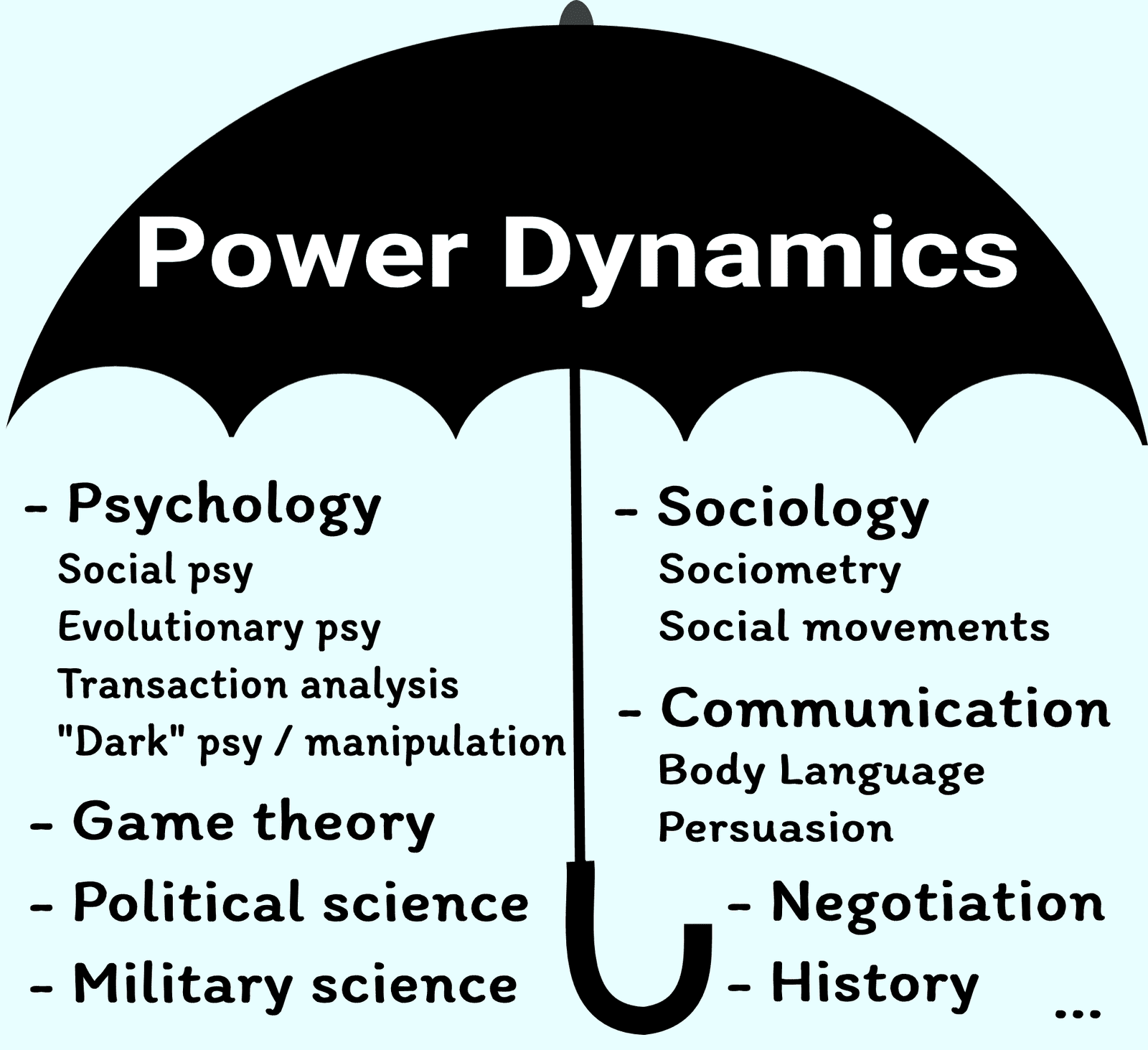In the grand theater of global politics, where nations strut and fret their hour upon the stage, there stands a body ostensibly designed to manage international peace and security—the United Nations Security Council (UNSC). Yet, in practice, this institution often resembles less a beacon of hope and more a coliseum of power plays, where the mightiest lions devour the principles of justice and fairness before an audience that can do little but watch.
The UNSC’s voting system is at the heart of this tragic spectacle. Here’s how it works: in this elite club of 15 members, five hold permanent seats—China, France, Russia, the United Kingdom, and the United States. These countries wield what is effectively an overlord’s veto power; a single ‘no’ from any one of them can scuttle any resolution, no matter how urgent or morally compelling it may be. This isn’t democracy; it’s dictatorship by committee.
Consider the recent ceasefire resolution for Gaza—a proposal that should have sailed through on humanitarian grounds alone. Despite receiving U.S support—a move more reflective of domestic political gymnastics than genuine concern for peace—the resolution barely scraped by due to opposition from both conflicting parties. What does this tell us? That even when a semblance of consensus is reached amidst these diplomatic titans, ground realities render their decisions moot.
This mockery becomes all too evident when we see how international responses to conflicts are hampered by political maneuverings within the council. In theory, the UNSC exists to swiftly address threats to international peace and maintain stability across borders. Yet time and again, we witness paralysis—a grotesque deadlock as member states prioritize national interest over global solidarity.
Let’s call it what it is: The Security Council has become an arena where geopolitical interests trump human rights and humanitarian needs. Where powerful states use their veto as both shield and sword—protecting allies while thwarting actions against adversaries or competitors. This isn’t just inefficient; it’s immoral.
Critics argue that reform is needed—that perhaps eliminating veto power or expanding permanent membership could democratize decision-making within the UNSC. But let’s not kid ourselves with band-aid solutions for bullet wounds. The problem runs deeper than procedural tweaks; it lies in the very nature of power dynamics among nations who believe they stand above international law.
So where do we go from here? Do we continue to place our faith in a flawed institution that seems increasingly incapable of fulfilling its foundational purpose? Or do we start envisioning new frameworks for international cooperation—one where justice doesn’t play second fiddle to geopolitics?
It’s high time we demand more from those who claim to lead on the world stage—and ensure that mechanisms designed to protect peace are not used as tools for war by another name. The future doesn’t belong to those who cling onto antiquated notions of sovereignty at humanity’s expense—it belongs to those brave enough to reimagine governance beyond borders.
The UN Security Council was conceived as a guardian against war’s ravages; yet today finds itself criticized as partaking in theatrics while Rome burns around us—or rather while Gaza reels under fire—highlighting once again its inefficacy amid modern geopolitical complexities.
We must confront these uncomfortable truths head-on if ever there hopes for a genuinely peaceful world order—one not dictated by self-serving vetoes but built upon mutual respect and shared responsibility.
Enough with enabling stalemates under guise diplomacy—it’s time for action worthy name ‘Security’ Council.”

Leave a Reply